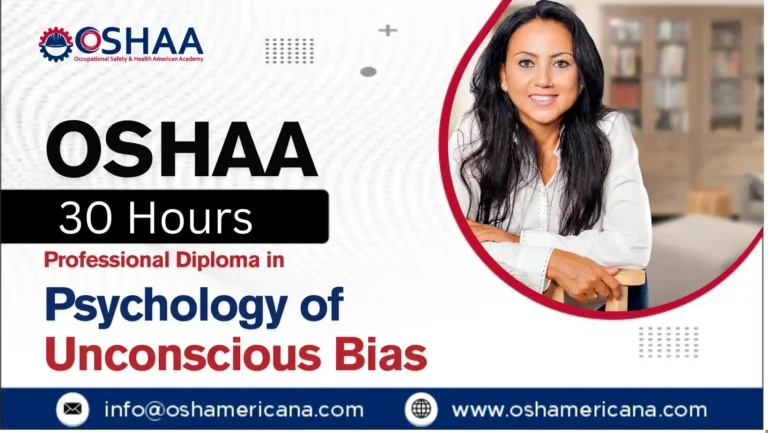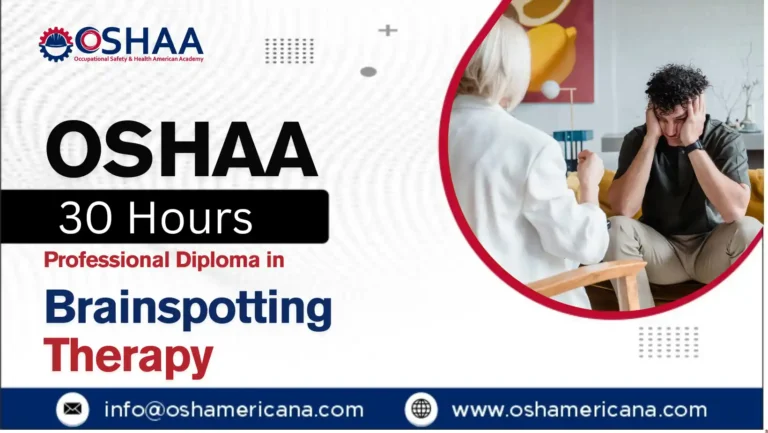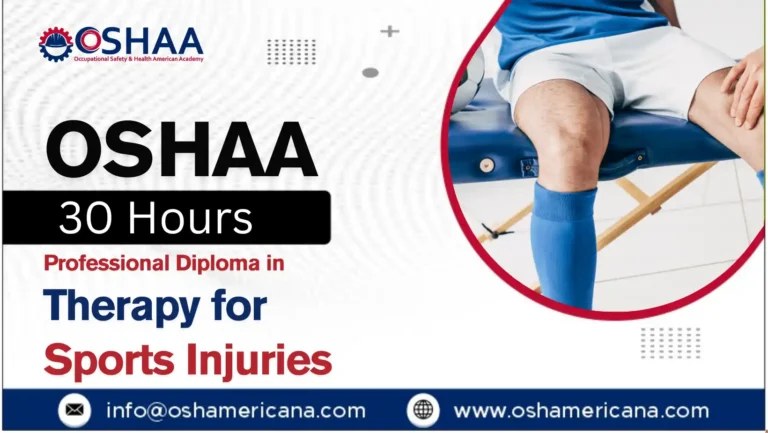Providing high-quality residential childcare for disabled children requires a deep understanding of their unique needs, as well as specialised skills in care, communication, and safeguarding. The OSHAA 30-Hours Diploma in Residential Childcare for Disabled Children is designed to equip professionals and caregivers with the knowledge and practical expertise needed to support children in residential settings effectively.
This course covers essential aspects of childcare, including emotional and behavioural support, health and hygiene management, safeguarding responsibilities, and inclusive care strategies. It ensures that participants are prepared to create safe, nurturing, and developmentally appropriate environments for children with disabilities.
Residential childcare plays a crucial role in providing stability and specialised support for disabled children who may require round-the-clock care. Trained professionals working in these environments need to ensure that each child’s physical, emotional, and psychological well-being is prioritised. This diploma focuses on best practices in residential care, enabling participants to deliver person-centred support that enhances the quality of life for children with diverse needs.
By completing the OSHAA 30-Hours Diploma in Residential Childcare for Disabled Children, participants will gain the skills and confidence to provide high-quality care, ensuring that every child receives the support they need to thrive in a residential setting.
OSHAA 30-Hours Diploma in Residential Childcare for Disabled Children
Study Units
Learning Outcomes
Introduction to Residential Childcare for Disabled Children
- Understand the purpose and significance of residential childcare for disabled children.
- Recognise the key principles of person-centred care in residential settings.
- Identify the roles and responsibilities of caregivers and support staff.
Understanding Different Types of Disabilities and Their Impact
- Differentiate between various types of disabilities, including physical, intellectual, and sensory impairments.
- Analyse how disabilities affect child development, learning, and social interactions.
- Develop strategies to provide tailored support for children with diverse needs.
Safeguarding, Child Protection, and Legal Responsibilities
- Understand safeguarding policies and child protection protocols.
- Recognise signs of abuse, neglect, and exploitation in vulnerable children.
- Learn about legal frameworks and regulatory requirements in residential childcare.
Effective Communication with Disabled Children and Families
- Develop appropriate communication techniques for engaging with disabled children.
- Understand the importance of active listening and non-verbal communication.
- Learn how to involve families in care planning and decision-making.
Behavioural Management and Emotional Well-being Strategies
- Identify common behavioural challenges in disabled children.
- Explore positive behaviour support techniques and de-escalation strategies.
- Understand the role of emotional well-being in overall child development.
Health, Hygiene, and Medical Care Considerations
- Recognise key health and hygiene practices in residential childcare.
- Understand medical care needs, including medication management and emergency response.
- Learn how to support children with complex medical conditions.
Promoting Independence and Life Skills Development
- Understand the importance of fostering independence in disabled children.
- Develop techniques for teaching essential life skills, such as self-care and social interaction.
- Learn strategies to encourage confidence and self-advocacy.
Creating an Inclusive and Supportive Residential Environment
- Explore best practices for designing an inclusive residential setting.
- Understand the role of staff in fostering a safe and welcoming atmosphere.
- Learn how to support peer relationships and social inclusion.
- Comprehensive Understanding of Residential Childcare
Gain in-depth knowledge of the principles, challenges, and best practices in caring for disabled children in a residential setting. - Enhanced Safeguarding and Legal Awareness
Develop a strong understanding of child protection policies, safeguarding responsibilities, and legal frameworks governing residential childcare. - Improved Communication Skills
Learn effective communication techniques for engaging with disabled children, families, and multi-disciplinary teams. - Expertise in Behavioural Management
Acquire strategies to manage challenging behaviours, promote emotional well-being, and support positive social interactions. - Specialised Knowledge in Health and Medical Care
Understand key health, hygiene, and medical care considerations, including medication management and emergency response. - Promotion of Independence and Life Skills
Gain the skills to encourage self-sufficiency and confidence in disabled children, fostering their personal growth and development. - Creation of an Inclusive and Supportive Environment
Learn how to establish a safe, nurturing, and inclusive residential setting that supports the unique needs of each child. - Career Advancement and Professional Development
Enhance your credentials and career prospects in the field of childcare, social work, education, or disability support services.
- Residential Childcare Workers – Professionals working in residential care settings who support disabled children.
- Social Workers and Child Protection Officers – Individuals involved in safeguarding and child welfare services.
- Special Educational Needs (SEN) Teachers and Teaching Assistants – Educators who support children with disabilities in schools or care settings.
- Healthcare and Support Workers – Those providing medical, therapeutic, or daily living support to disabled children.
- Foster Carers and Guardians – Individuals caring for disabled children in a home environment.
- Parents and Family Members – Those who want to enhance their understanding and caregiving skills.
- Students and Aspiring Childcare Professionals – Individuals looking to start a career in childcare, social work, or disability support services.







